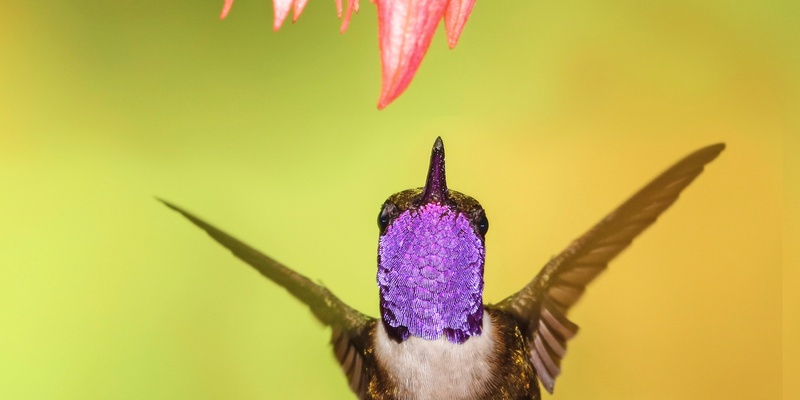Biodiversity decline is impacting plant health
Posted on Jue, 07 Mar 2019, 16:32

7 March 2019, Rome - A new report from FAO throws light on the negative impacts of climate change, overpopulation, pollution and other factors on biodiversity. In particular, FAO s 2018 State of the World s Biodiversity for Food and Agriculture shows how biodiversity for food and agriculture (BFA) is declining everywhere. Countries have reported that 24% of nearly 4,000 wild food species, among plants, fish and mammals, are decreasing.
To make things worse, pests and diseases are also putting BFA at risk. A recent IPPC factsheet on plant health and environmental protection reports that Invasive alien species are one of the main drivers of biodiversity loss. The latter does not only affect plants, it affects birds, bats and insects that contribute to pest and disease regulation. For example, 17 percent of vertebrate pollinator species are now threatened with global extinction.
The FAO s report states also that almost 60% of the invasive alien species are reported by Asian and European countries. Half of those are plants, 46% animals and the remaining 4% fungi, chromists, viruses and bacteria. In this troubled frame, the coordinated action of the IPPC and the global plant health community, besides the Biodiversity related organizations, becomes more urgent than ever.
Governments, stakeholders, producer organizations are all called to strengthen and create incentives to promote pro-biodiversity initiatives. The use of biodiversity-focused practices is reported to be increasing. For instance, in France about 300,000 hectares of land are managed using agroecological principles. General public and consumers have to take action as well. Opting for sustainably grown products, buying from farmers markets, and encouraging biodiversity-friendly practices may help reduce BFA loss.

